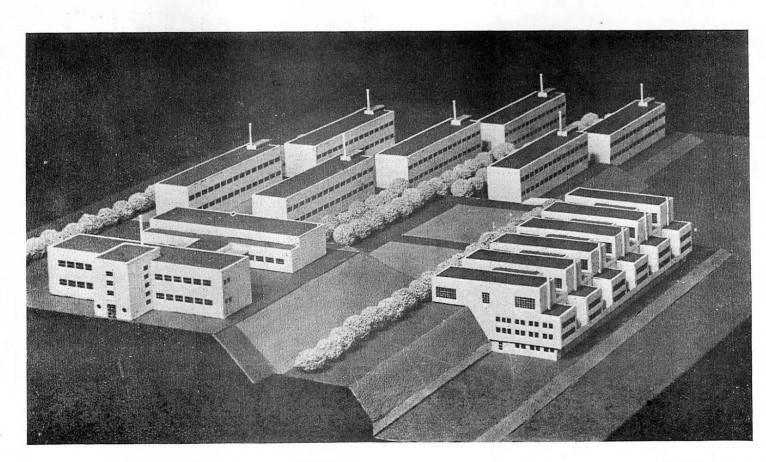
The Politics of Social Housing in Interwar and Postwar Turkey
Lectures (3)
Loading Accordion Items...The Overview
Affordable housing is a pressing need across the world, yet its production is far from sufficient to meet the demand. During the interwar and postwar years, social housing was imagined as a political project, the lack of which is one of the main reasons behind the fragmented policy making and the widespread failure in countering the problem of housing shortage today, more so in the so-called “developing countries” and the regions wrought with conflict, war, and displacement. Yet, despite its considerable weight in the history of the built environment, mass housing in general and social housing as its subcategory have been largely underrepresented in mainstream architectural surveys. The emphasis is even less pronounced when the “non-Western” contexts are concerned.
This course builds on the premise that learning from such “peripheral” contexts would help address the contemporary global housing crises. To that end, lectures tell the story of social housing in Turkey in interwar and postwar years by pursuing an alternative trajectory of modernism as well as its housing agendas, both in relation to and contrasted with the widely disseminated European examples. The main goal is to contribute to critical scholarship that challenge problematic divisions of East and West and posit instead global, cross-cultural and multi-sited experiences. The examples presented in the module demonstrate that social housing policies, practices and discourses emerged in Turkey were informed not only by competing international models but also by pragmatic political concerns, the changing historical dynamics of the country and the regions around it, and the conscientious transformation of design both at construction and beyond. By underlining the interconnectedness of the Turkish example to various other sites, this module also seeks to complement the existing entries in the GAHTC library and extend their scope.


